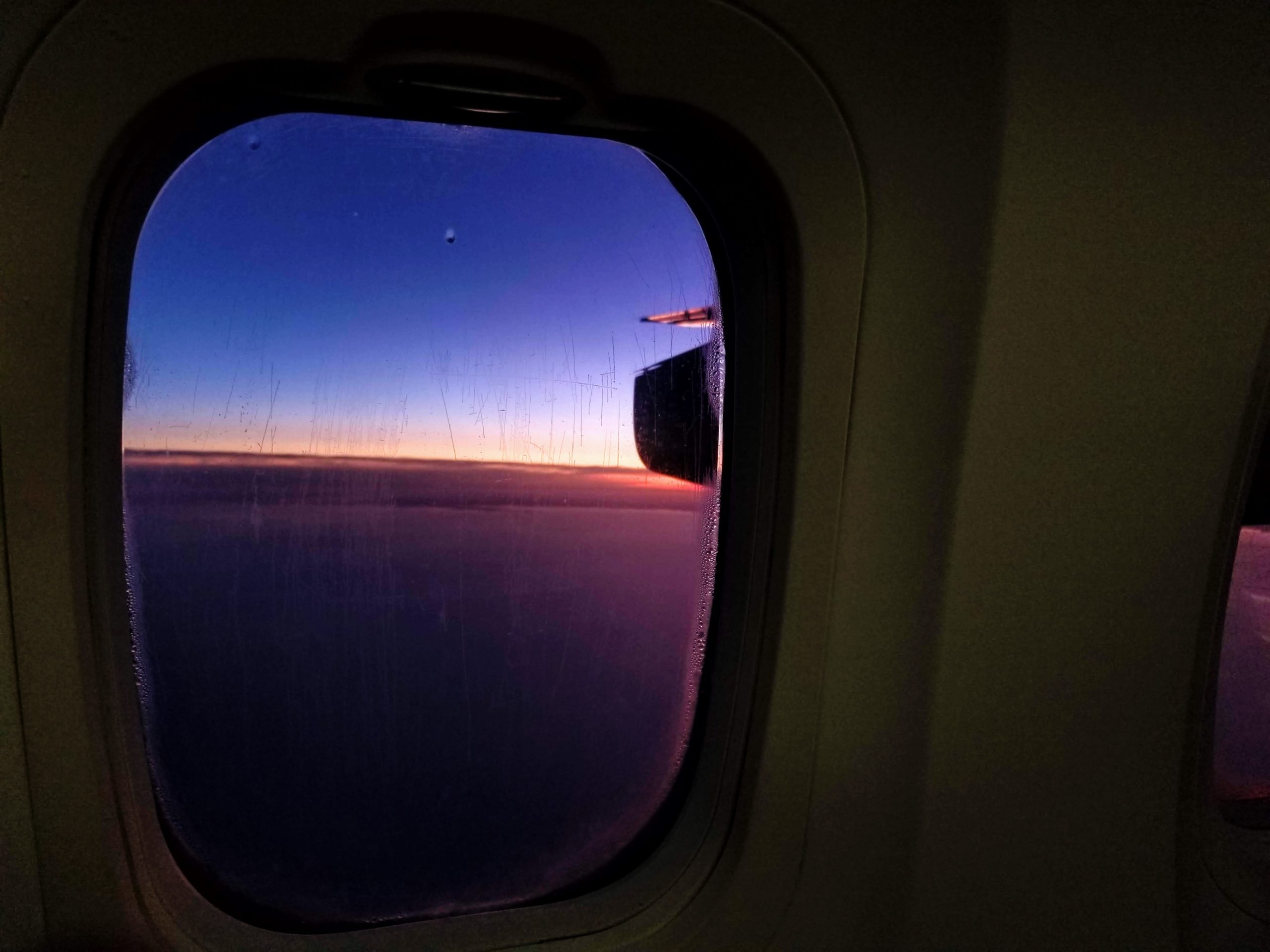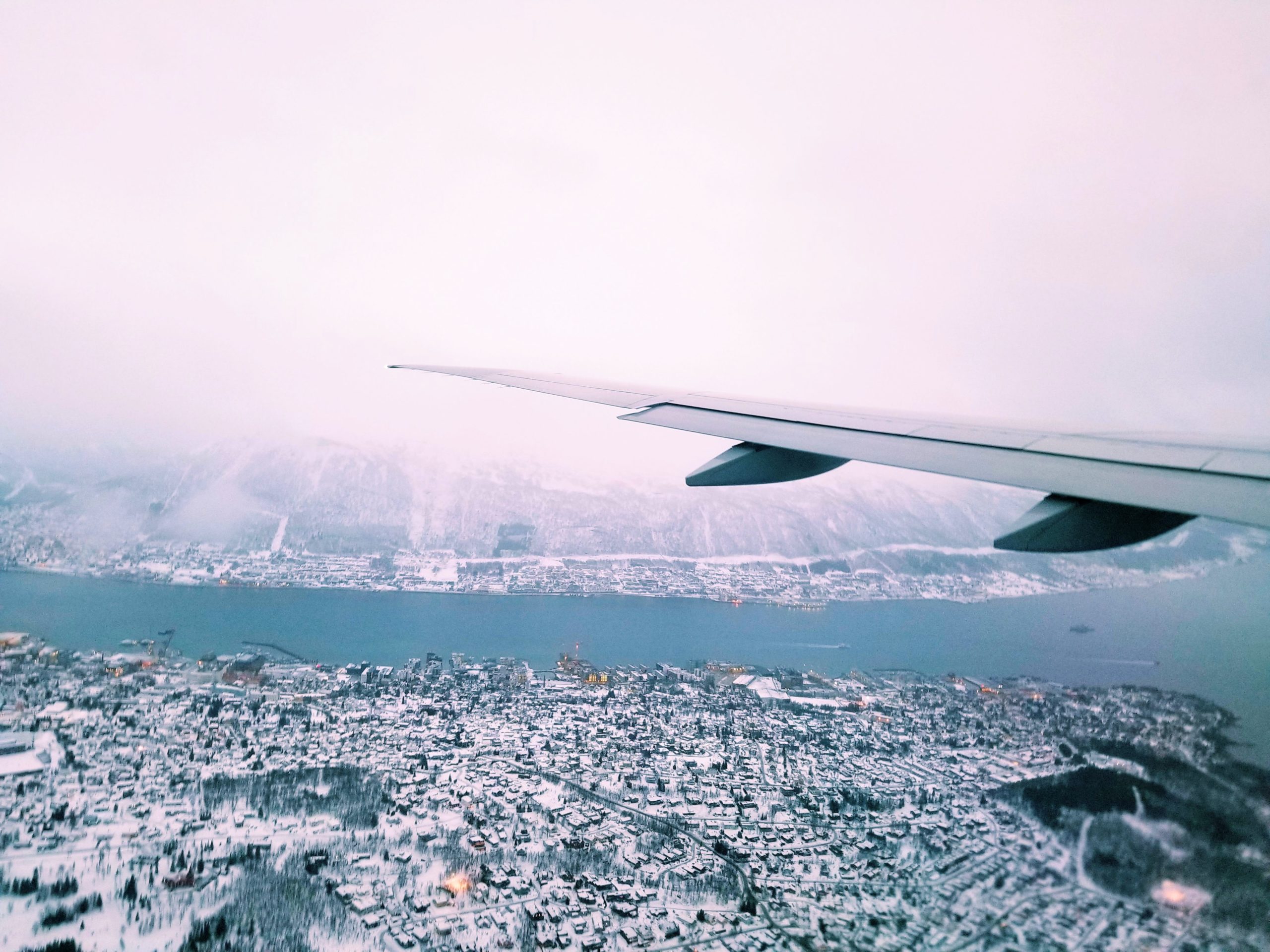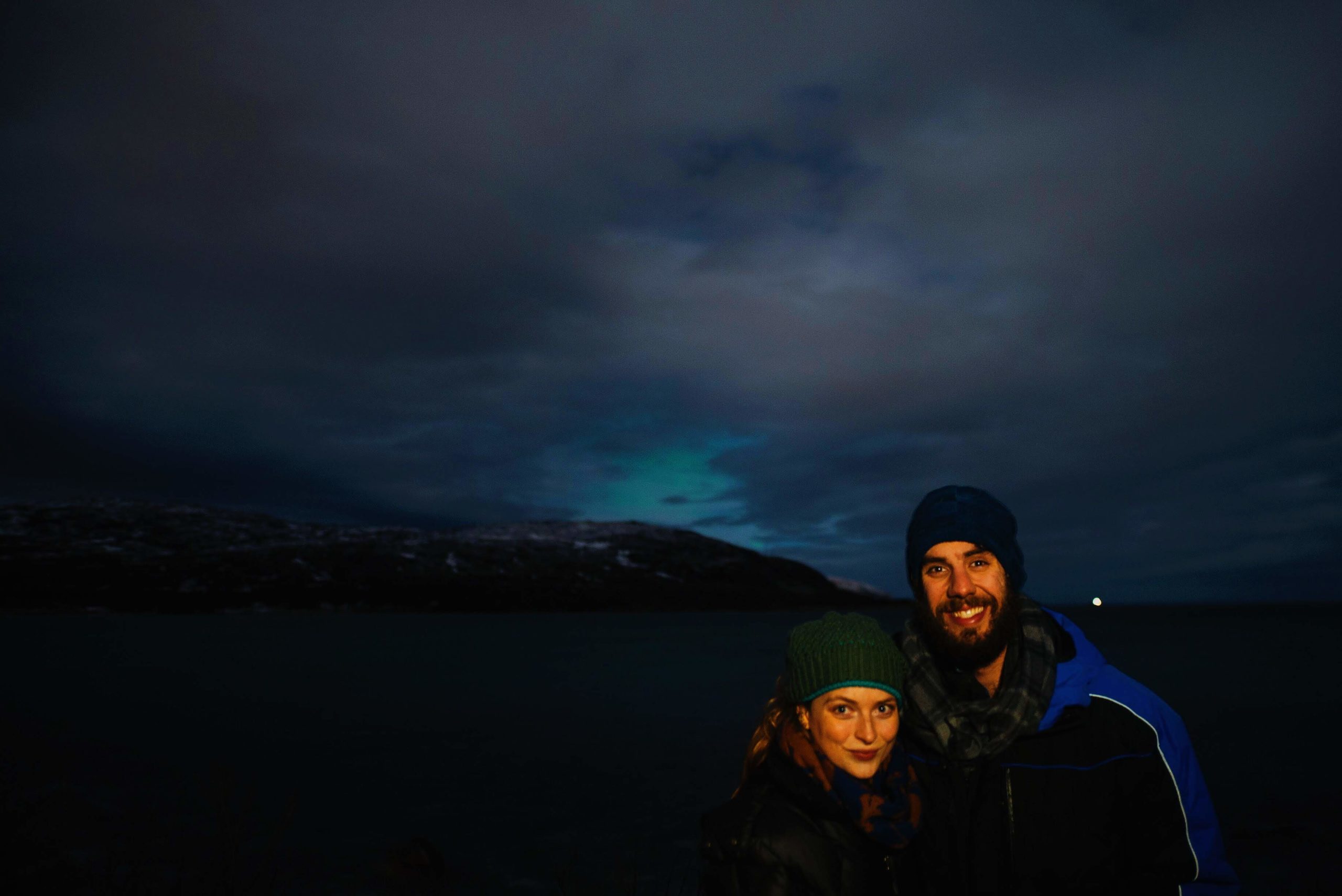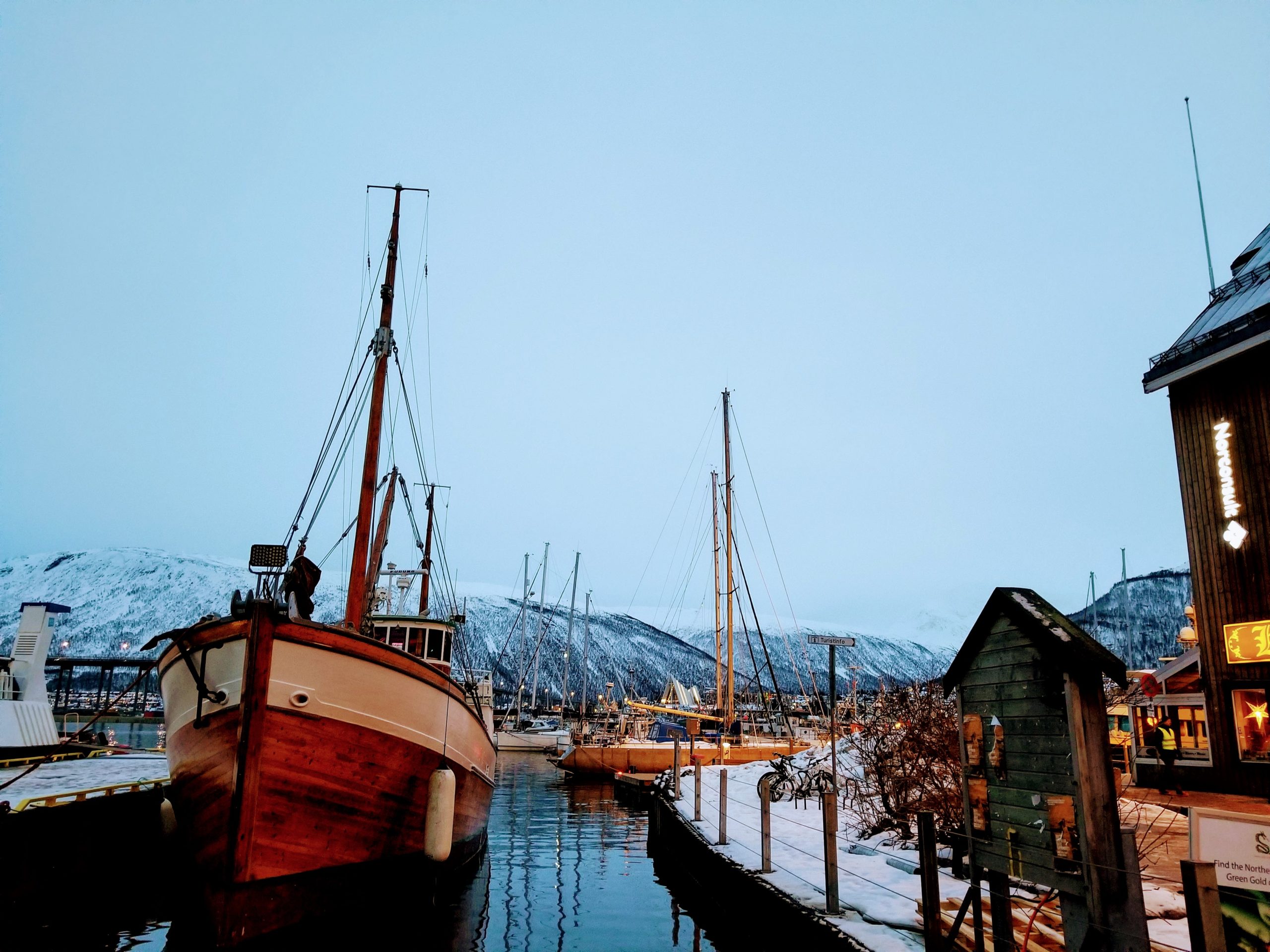The Northern Lights are on many people’s bucket lists. It’s hard to imagine just how mesmerizing the dancing glow is until one sees it in person. It’s calming, mystifying, and magnificent. Since the beginning of humankind, they have been capturing imaginations and hearts. Their earliest depiction dates back to 30,000 BCE, captured in cave paintings. The earliest written account of someone observing the Northern Lights is from 2,600 BCE. Galileo dubbed them Aurora Borealis after the goddess of the morning, because he thought the lights were sunlight glinting off of the atmosphere of the planet. The lights appear in countless religions and myths from almost every region on the planet, ranging from the belief that they are gods to ancestors to fire foxes.

These lights are the closest space phenomenon to the planet’s surface, making it a beautiful way for people to experience something out of this world without needing billions to fly themselves to outer space. They can also be found in the far south. Aurora borealis originates in the sun. When the sun gives off gas, it travels for a few days and gets to the planet—colliding with the magnetic fields at each pole, causing waves of charged particles. When these particles smash into oxygen and nitrogen, they emit beautiful colors.
This scientific phenomenon can be enjoyed anywhere on the planet, though they are easily visible only at each pole. There are so many good places to see the northern ones, but here are just a few places to consider visiting:
-
Tromsø, Norway
-
Svalbard, Norway
-
Fairbanks, Alaska
-
Lapland, Finland
-
Luleå Archipelago, Sweden
-
Akureyi, Iceland
-
Orkney, Scotland
-
Yellowknife, Canada
-
Kangerlussuaq, Greenland
-
Kola Peninsula, Russia
Wherever you end up deciding to visit, enjoy the isolation that such northern places can bring. Being able to see the lights will mean that there isn’t much light pollution, which means it will be far from most people. Use the time to connect with nature, and therefore yourself. Do some snow yoga, star gaze, do winter foraging, or even just do some deep breathing every day that you’re up there.

The Northern Lights can be hard to predict, so be prepared for the fact that you might not see them (especially if it’s storming or you’re only there for a few days). Focus on the journey, and the beauty that exists in the place itself.
If you want a higher chance of seeing them, go between October and early March, stick to the places on this list (or places near them), and try to go with a tour group. That may not be everyone’s favorite way to travel, but they’re run by people who have local contacts watching the skies. With the lights being so unpredictable, luck is the only way for a tourist to see the lights on their own. The tour guides work with locals to ensure that tourists have the best chance of seeing the lights while they’re there, so they have eyes on the ground. Even if you don’t usually travel with tours, it’s highly recommended in this case. Otherwise, download an app or ask a local where they see them the most, and head away from the light.
If you do end up deciding to go on a Northern Lights tour, here are some important things to keep in mind:
- It will be freezing, as you will be going into the snowy wilds. Dress warmly, and wear waterproof clothing to be prepared for the moisture and snow. Snow pants, a warm hat, gloves, boots, a scarf, and a big jacket are all recommended, but many tour groups offer guests snow pants or overalls as part of their tour.
- Tour guides try to stay out as long as possible to make sure the tour has the best chance of catching the Northern Lights. You could be out until the early hours of the morning, depending on how far away the lights are or how long it takes to see them. Bring snacks and use the restroom ahead of time. Try to get a tour that provides food as part of your tour (in Norway, this tour serves vegan carrot stew over an open fire and has the best ratings in town), but either way make sure to have snacks with you.
- Bring your camera! Depending on the time of the year, weather, and location, the lights might be hard to see with the naked eye but can be viewed through a camera lens. Even if you don’t plan on taking photos (because it is generally included in the tour), bring it to see the Northern Lights.
- Because you will be heading so far out into nature, it could be a dangerous place. There could be wolves, ice cliffs, storms, and many other threats to be aware of. Listen to your tour guides carefully and follow the rules. They want you to have a good time so the rules are not there to limit you. They are there to keep you safe. If the guide tells you to not pet a wild animal, don’t do it. If they tell you not to leave the circle around the fire, don’t. Respect them. Feel free to ask questions, but make sure you are being mindful of their expertise.
- There are often a lot of tours to choose from in these places, so when deciding which one to pay for, check the ratings. Keep in mind their experience is no guarantee of you seeing the lights as well, so don’t focus on whether or not they saw them. Focus on what they say about the quality of the tour. Are the guides usually nice? Did people feel safe? Would they come back? This is your best test of whether or not the tour is worth paying for (because they can be expensive).
- The guides generally take photos of every guest. Sometimes it’s included in the cost, but sometimes it isn’t. They have high tech cameras that capture the Northern Lights really well, so if you are wondering if it is worth it, unless you took photos with a professional-grade camera—buy the photos. Phones have a hard time capturing the phenomenon, so if you want photos from the night, you may need to consider buying the photos they take. Make sure you budget for it.

- Since you will most likely be out all night (and possibly into the morning), don’t plan anything on your trip for the next morning. You’ll be exhausted so take the tour the night before a more mellow day when you don’t have much planned early in the day.
- If you’re taking a tour in Scandinavia, it’s very common practice to drive across country borders to find the best place to view the Northern Lights for the night. Bring your passport and any travel documents you think you may need. Otherwise you will not get to cross with them. This is especially important if you end up crossing into Russia, as they are stricter than the other neighboring countries about it, and you won’t want to get detained. The guides won’t always know if they plan on doing that (sometimes they get calls halfway through a tour about a sighting of the lights, and they just head that way), so be prepared even if you unsure if they’ll do that.
- Be flexible and be prepared to not see any. Taking a tour is your best chance of seeing them, but it is no guarantee. Enjoy the beautiful adventure through the wilderness, and view seeing the actual lights as a bonus, rather than the end game.
Seeing the Northern Lights is an event that bring a feeling of wonder and amazement, and is absolutely worth taking a trip for. Do your research ahead of time, and you’ll have a successful trip.
Get more like this—Sign up for our daily inspirational newsletter for exclusive content!
__
Photo: Emily Iris Degn





